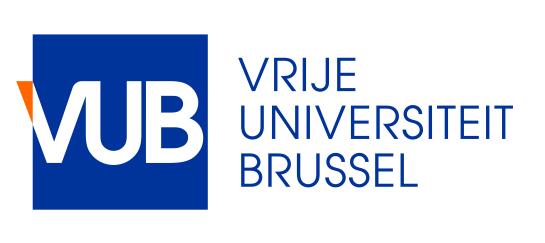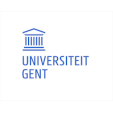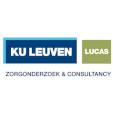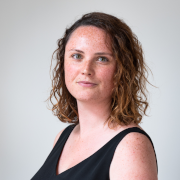Developing and evaluating an online application to develop palliative care capacity in people with advanced cancer and their family carer
Project group
Researcher: Vincent Van Goethem
Supervisor: dr. Sigrid Dierickx
Promotor UGent: prof. dr. Luc Deliens
Promotor VUB: prof. dr. Joachim Cohen
Project group member: dr. Aline De Vleminck
Project group member: Orphé Matthys
Partners



Period
01-2019 to 03-2023
Abstract project
Background
A large body of evidence has demonstrated the negative effects of advanced cancer on the quality of life of both patients and their family caregivers. Frequently-cited randomised controlled trials have demonstrated that early involvement of palliative care specialists or teams has a positive effect on patients' quality of life. However, none of the developed and evaluated early palliative care interventions focus on developing capacity outside specialist services or healthcare professionals. Also, while reviews of psychosocial interventions in chronic illness have indicated that dyadic interventions are more likely to result in better outcomes for both parties and are potentially more cost-effective virtually no interventions target both patient and family caregiver. Finally, there is limited evidence concerning eHealth in the field of palliative care, although eHealth technologies are considered to be a promising way to develop capacity (empowerment), improve access to services, increase their efficiency, minimise associated costs, and can feasibly be integrated within existing care provision.
Aim
- To develop a self-planned dyadic eHealth application to support and enhance capacity for palliative care in persons with advanced cancer and their family caregivers by providing psychosocial and educational support;
- To evaluate the acceptability and usability of the eHealth application;
- To evaluate this dyadic eHealth intervention in terms of its effect on the quality of life (primary outcome), appraisal of illness, uncertainty, hopelessness, coping, dyad communication, self-efficacy and health care resource use.
Method
In the development phase the content, visual design, web framework and hosting platform of the eHealth application will be adapted from the existing web-based FOCUS program, developed in 2014 in the USA by Northouse et al. The eHealth app will target several specific components that influence the dyad’s quality of life: (1) supporting family involvement, (2) reducing hopelessness, (3) increasing coping effectiveness, (4) reducing uncertainty, and (5) teaching symptom management. In order to develop a program that is more in keeping with needs and preferences of Flemish patients and caregivers, the principles of user-centred design will be applied. The eHealth app will be tested in 10 dyads (patients + caregivers), using user- and functional testing. The data from the user- and functional testing will be reviewed, and any changes needed based on the user testing are applied to the web modules. A second testing will take place with 10 other dyads after which necessary additional adjustments will be made.
In the evaluation phase we will evaluate feasibility of the application in a feasibility trial comparing it to standard care (control group). Dyads with a diagnosis of solid organ cancer (except brain cancer) for whom the physician would not be surprised if the patient died within 2 years are eligible. Fifty patient-caregiver dyads will be enrolled in the study and randomized to a control group or to the self-managed eHealth intervention. The intervention will offer psychosocial and educational support for the dyad during 4 mandatory web-based sessions. Both quantitative (using validated questionnaires) and qualitative methods are used.
Funding
Research Foundation Flanders (FWO)


